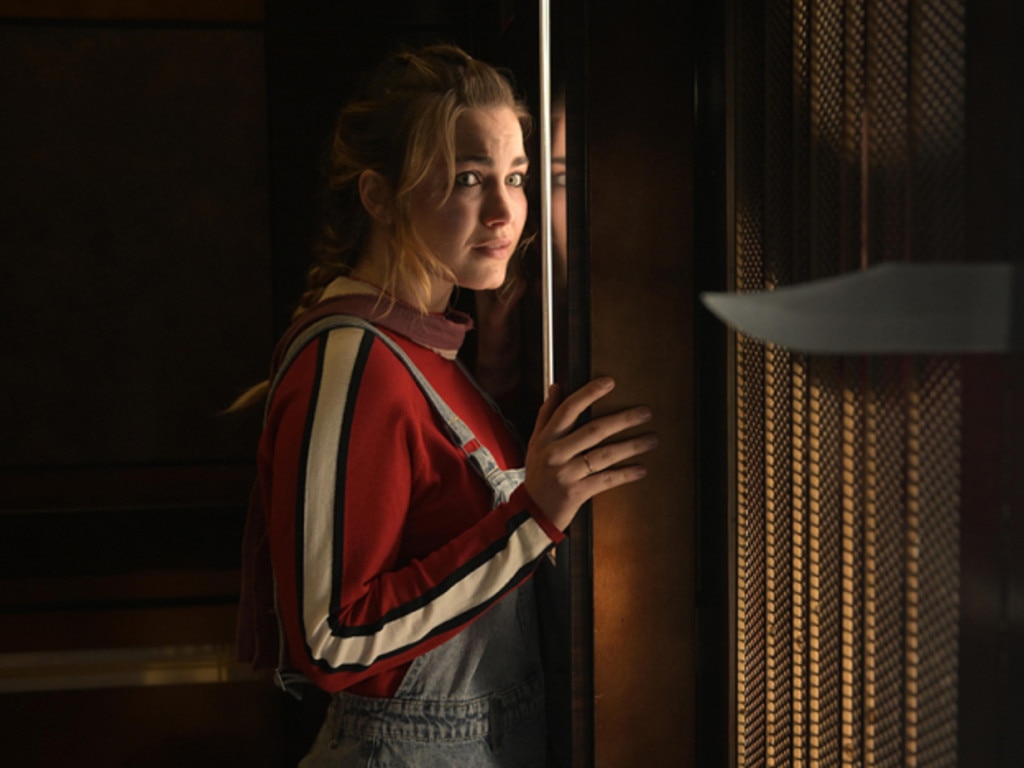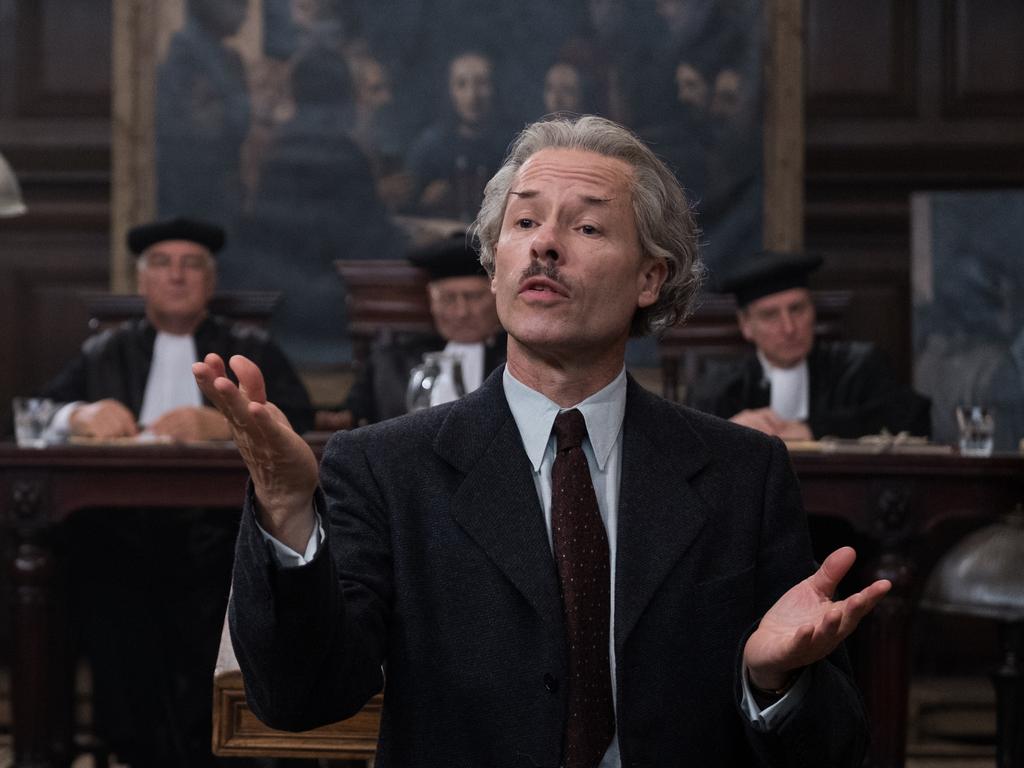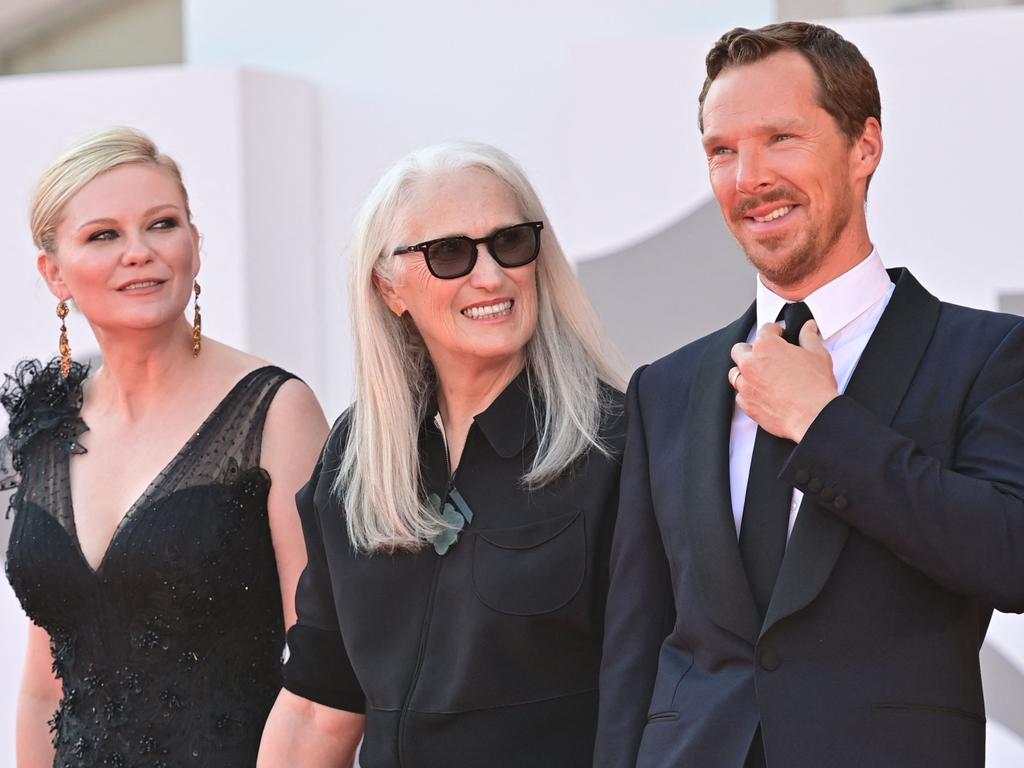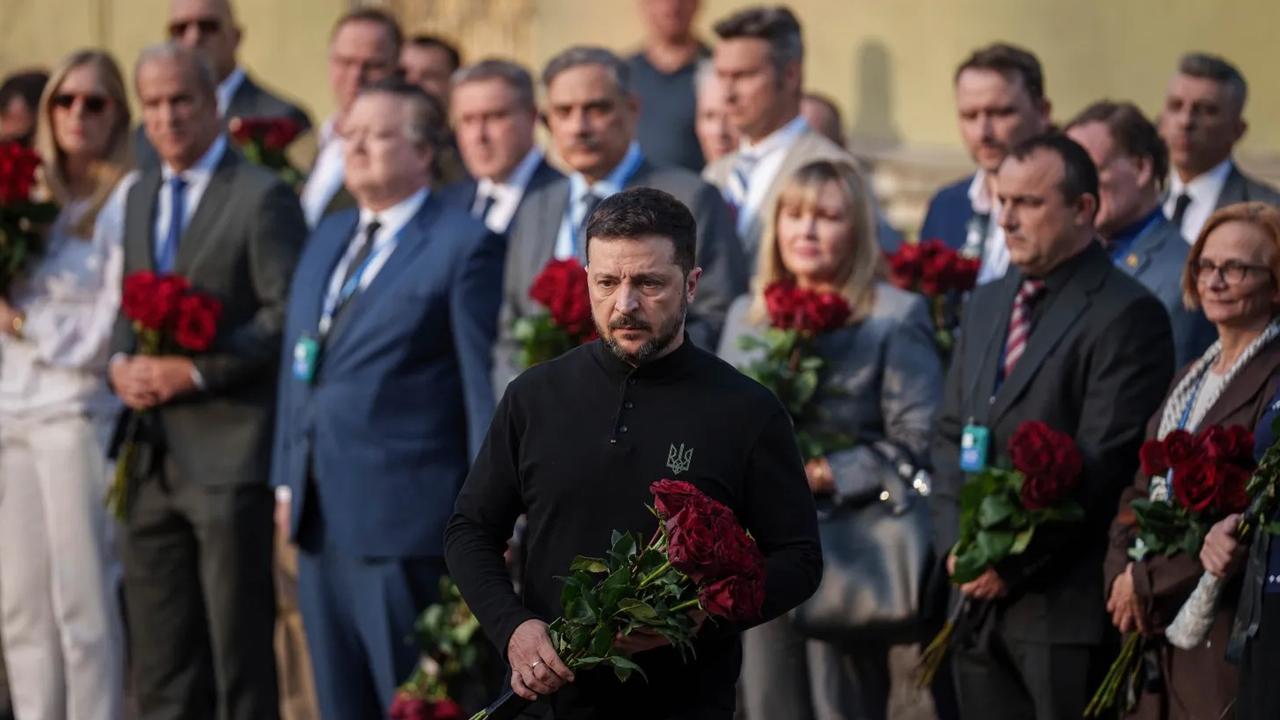Munich: The Edge of War review — Jeremy Irons mesmerises as Chamberlain
A compelling political drama focusing on Neville Chamberlain comes alive with the tenderness and subtlety of actor Jeremy Irons.
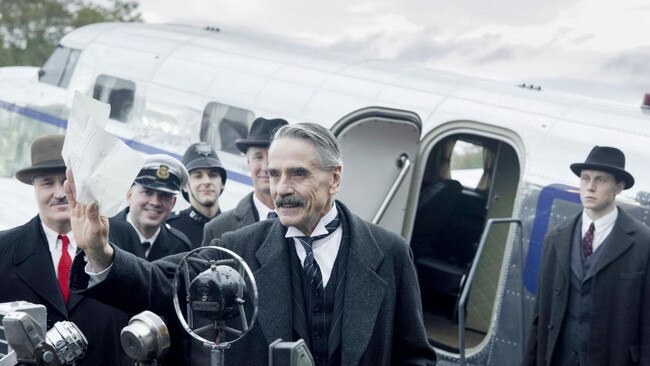
THE novelist Robert Harris has long been a champion of Neville Chamberlain, seeing him as an inspiring politician with foresight rather than a hopeless negotiator. In 1988 Harris even made an adulatory TV documentary called God Bless You, Mr Chamberlain.
And so the rehabilitation of his subject in this compelling political drama, adapted from Harris’s 2017 novel Munich, is hardly new territory. What is surprising, however, is the tenderness and subtlety that Jeremy Irons brings to the role.
Irons is a performer with a penchant for showboating, his extravagantly accented Rodolfo Gucci in House of Gucci being a case in point. Yet his version of Chamberlain, in an adaptation by Ben Power, who wrote The Hollow Crown for TV, is a mesmerising study in sensitivity.
We’re mostly in Munich in September 1938, and Chamberlain is caught between a bellicose Adolf Hitler (a creepy incarnation from Ulrich Matthes), the pressure for peace at all costs and the knowledge, secretly delivered by sympathetic German spies, that war is inevitable.
Matthes is a chilling presence, oddly cadaverous and with dark piercing eyes. It’s a suitably strong turn from an actor most famous for playing Joseph Goebbels in Downfall, opposite Bruno Ganz’s Hitler. Matthes is clearly working his way through the German high command.
What unfolds is a breakneck game of brinkmanship, with Chamberlain veering from irritable to imperious to occasionally bamboozled, but always with a deep humanity. Harris’s contention is that Chamberlain was actually a canny strategist who was hoping to buy the Allies valuable time for rearmament and deny Hitler’s thirst for an immediate end to hostilities.
When Chamberlain says with a sigh, “I can only play the game with the cards I have been dealt,” it’s less a whimper of complaint than the words of a seasoned negotiator embracing realpolitik. In a standout moment Irons gives us Chamberlain on the cusp of tears, revealing that his decision-making process is informed by a deeply held belief in the power of leadership.
“I fear for the spiritual well-being of our people if they don’t see our leaders doing everything, absolutely everything, to prevent another conflict,” he says.
It’s quite the turn from Irons, nicely complemented by George MacKay (1917) as an ace civil servant, Hugh Legat, a fictional composite character. Legat injects proceedings with propulsive thriller energy and features in a fictional subplot about an assassination attempt being planned by the anti-Hitler resistance in the German foreign office. His old university buddy Paul von Hartman (Jannis Niewohner) - loosely based on a real person, Adam von Trott - is the government contact who draws Legat to the negotiations with the promise of incriminating documents, and ends up facing the Fuhrer with a loaded Luger tucked into his belt.
The German director Christian Schwochow, a veteran of The Crown, is on remarkably assured form, creating a credible prewar London of sandbags and barrage balloons, and evoking a deep sense of unease in late 1930s Munich, where the Hitler Youth exercise gaily in the park while Jews are kicked and spat upon in the streets. Schwochow cross-cuts between set pieces and high-stakes action with enough hand-held intensity to make you forget (or wish you had forgotten) the historical outcome. At one point the thought, “I hope he shoots Hitler,” did cross my mind.
The outcome, of course, is never in doubt, and that punctures some of the tension. The film also fails to give Legat’s wife, Pamela (Jessica Brown Findlay from Downton Abbey), anything interesting to do other than fret prettily about her man. It leans more towards von Hartman’s partner, Helen Winter (Sandra Huller), a war widow and secret resistance fighter who has a minor but significant role.
In the end this is a fitting companion piece, almost a prequel, to the Oscar-winning Churchill panegyric Darkest Hour. Those who are saturated with Churchillian myth-making may see it as the better film. For Harris it’s clearly a better subject.
The Times

